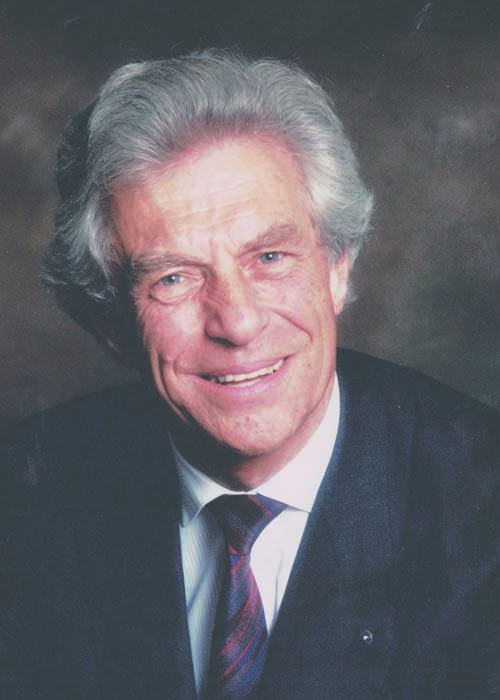
Imagine what might happen if 20 jumbo jets crashed every day. The public outcry to end the carnage would be huge, and the world would come together in a concerted effort to make it stop. Contrast this with the realization that an equivalent number of people, about 8,000, most of them children, are dying daily because of lack of access to clean water and safe sanitary facilities. Where is the outcry? What is being done to end this? These are the questions that Dr. Ronald Denham, an operations team member for WASRAG, is asking Rotarians to consider, as we learned in his presentation at Rotary Toronto West on November 3, 2016.

In 2004, Ron founded WASRAG to motivate and support Rotarians around the world to assist their communities to create sustainable access to safe water, sanitation and hygiene systems, and to promote educational efforts related to these issues. He was also General Coordinator of the Water Resources Task Force form 2004 to 2008. His deep understanding of what must be done to improve access to water and sanitation systems is a guiding force for WASRAG.
Years of involvement in community projects in many countries have made it clear to Ron that their success depends on economic development, not charity.
In communities where water and sanitation facilities are lacking, women and children spend up to 6 hours per day hauling water, often uphill from murky ponds and streams. Globally, their efforts total about 40 billion hours annually, representing time and energy that could be directed towards the development of small businesses that would help the local economies to grow and diversify.
WASRAG wants to have greater impact, ensure sustainability and empower communitities. To do this, it needs:
- BIGGER projects - to attract input and funding from Rotary clubs and NGOs such as the Gates Foundation
- BETTER projects - with sustainable technology and emphasis on community ownership to promote monitoring and evaluation as well as individual behaviour changes such as handwashing
- BOLDER projects - or, better yet, programs, with longer terms to completion but broader and more significant impact
WASRAG assists Rotary clubs with their water and sanitation initiatives by helping with needs assessments, project initiation, access to best practices guidance, evaluation of alternative technologies, matching clubs with NGOs, facilitating partnerships, sponsorships and outside financing.
Ron challenged each of us to show our support by registering on WASRAG, at annual cost of only $25 - show your support by signing up today.
